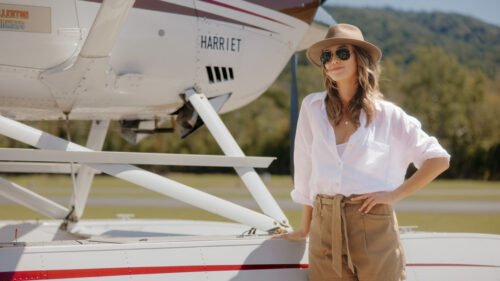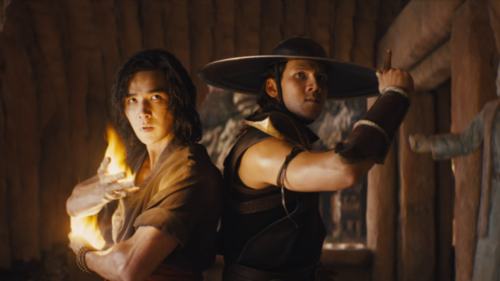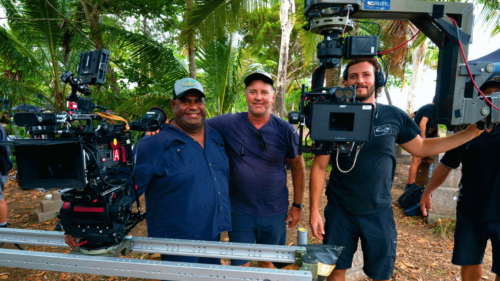/News 20.01.22
FIRST NATIONS SPOTLIGHT: –
Q&A WITH IVAN SEN
Ivan Sen lives on the Sunshine Coast in Queensland and is one of Australia’s leading First Nations filmmakers, writing, directing and composing all his works.
Throughout the late 90s Sen worked on numerous short films, before making his feature film debut with Beneath Clouds in 2002. The film won Sen global acclaim, screening at the 2003 Sundance Film Festival and winning the Premiere First Movie Award at the 2002 Berlin Film Festival and the 2002 Best Director Award at the Australian Film Institute Awards.
Sen subsequently wrote and directed a number of award-winning documentaries, including documentary Yellow Fella, which screened in ‘Un Certain Regard’ at the Cannes Film Festival in 2005.
In 2011 Sen completed his second feature Toomelah, which was selected for the 2011 Cannes Film Festival – Un Certain Regard and received a standing ovation.
In 2013 Ivan Sen wrote, directed and composed Mystery Road, which was filmed in Winton, Queensland and had its international premiere with a Special Presentation at the 2013 Toronto Film Festival. The sequel, Goldstone, also filmed in Winton, premiered at the 2016 Toronto Film Festival in the Platform competition.
From 10 February, audiences worldwide will be able to experience his latest film, sci-fi feature Loveland, which was filmed in Hong Kong and Australia’s South-East Queensland.
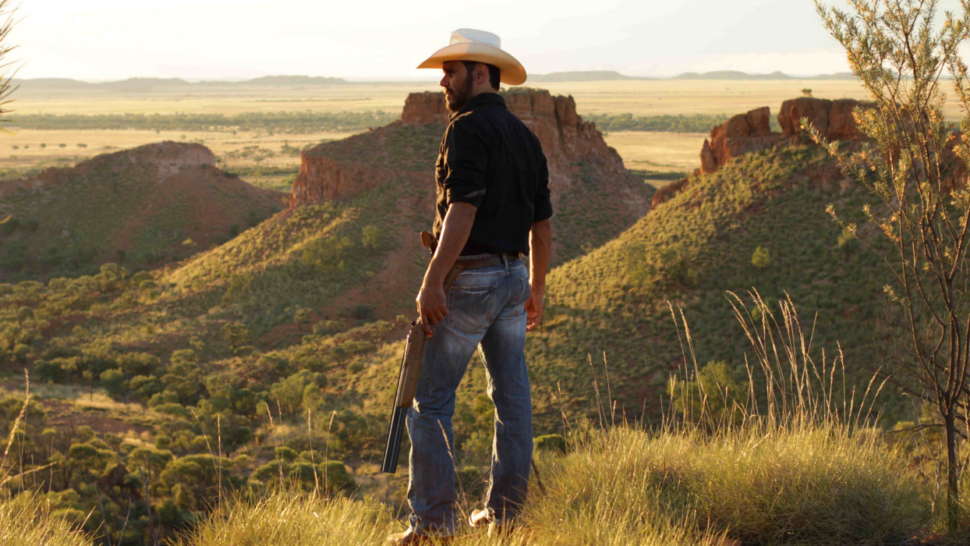
How did you get your start in the industry?
The turning point was when I was studying photography at the Queensland College of Art in Brisbane in 1992. I realised that taking still images was too limiting for the type of stories I wanted to tell. Once I made the decision to focus on filmmaking I pursued it aggressively. I did work experience at a West End (Brisbane) production house which turned into a full-time job. I was also studying different film courses every night of the week. I was totally obsessed with learning all the aspects of filmmaking, including acting. From there I eventually went back to study briefly at the College of Art and onto the Australian Film, Television and Radio School (AFTRS) where I made a few short films through the Australian Film Commission. Soon after film school, I wrote my first feature, Beneath Clouds, and that’s pretty much how I got going.
You are a producer, director, screenwriter, editor, composer, sound designer and cinematographer. Do you identify with all these roles equally?
Well, I don’t really separate the different roles that I do. For me, they merge together and overlap with each other. I had a chance to learn different roles in my first job in Brisbane. One day I was a sound recordist, the next I was on camera or in the editing room. I think this experience combined with my training as a stills photographer allowed me to evolve and adapt to the way I tell stories. I always try to give weight to whatever I’m doing in the moment. For me, film is all about design. Design is what delivers cohesiveness, oneness. Design isn’t just about what something looks like. It encompasses everything. This design can germinate from music, a location or characters. The challenge is to let it grow while maintaining its cohesive whole. When you don’t have a bunch of egos surrounding it, the work has more of a chance to naturally grow.
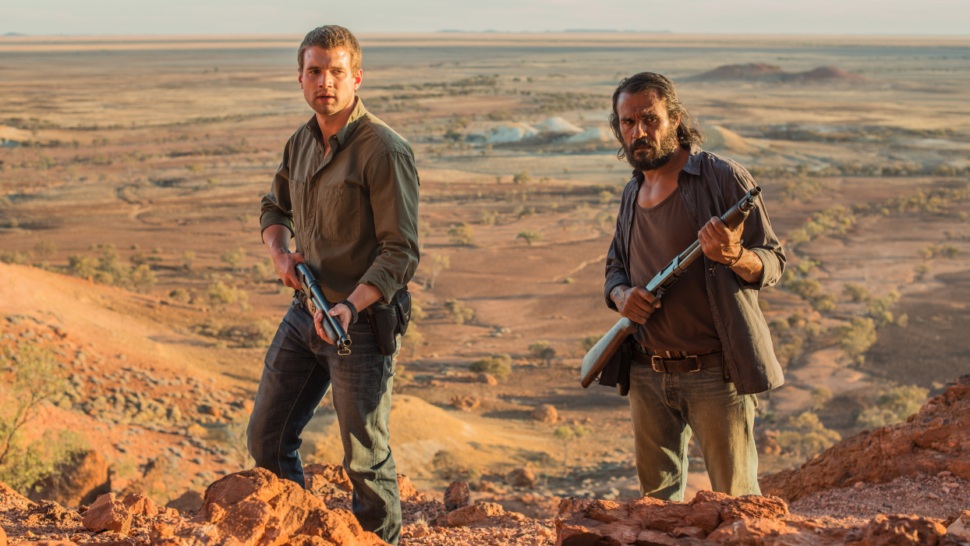
What inspired the story of Loveland? Do you think audiences will be surprised to see you venture into science fiction?
The inspiration for Loveland was Hong Kong. I had always wanted to go there when I was younger. I’ve always been attracted to Hong Kong film and Chinese culture. When I finally got there, I fell in love with the city. For me sci-fi isn’t a big departure from my other work. It’s actually influenced Goldstone a lot. I started writing Loveland before I had made Toomelah, Mystery Road or Goldstone. I think the Loveland characters have similar traits found in all of my films. They are people searching for a connection, this time it’s in a futuristic context.
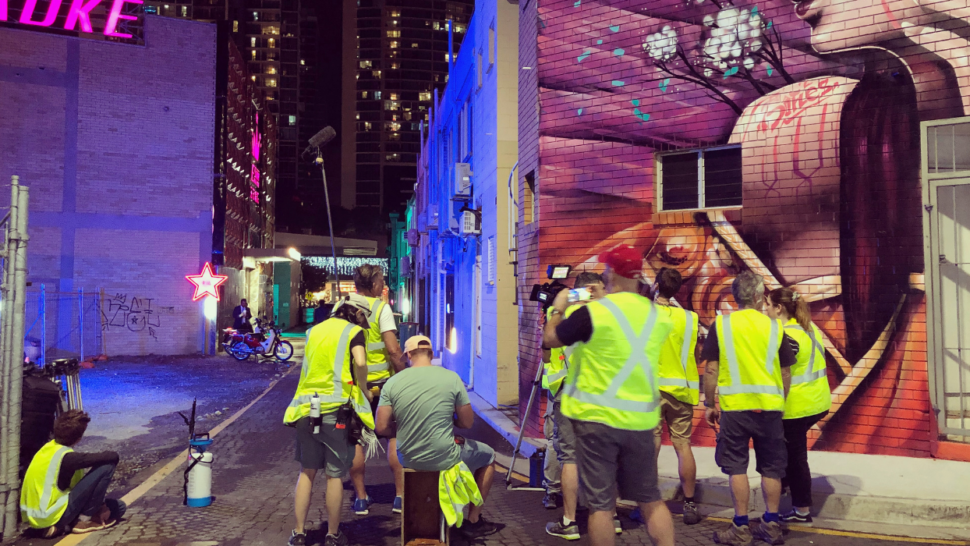
In Loveland, Queensland doubles for a futuristic Hong Kong. Can you tell us more about how this was achieved?
It was important to establish the city in the first part of the shoot. When we came back to Queensland, I had a strong idea of how to maintain the Hong Kong spirit in the rest of the shoot. I had spent a lot of time in Hong Kong over the years and provided the designer Adam Head, with a lot of visual ideas to create that bond between Hong Kong and our studio/location work here in Queensland. Chinatown in Brisbane’s Fortitude Valley and Southport on the Gold Coast became a focus for our exterior locations.
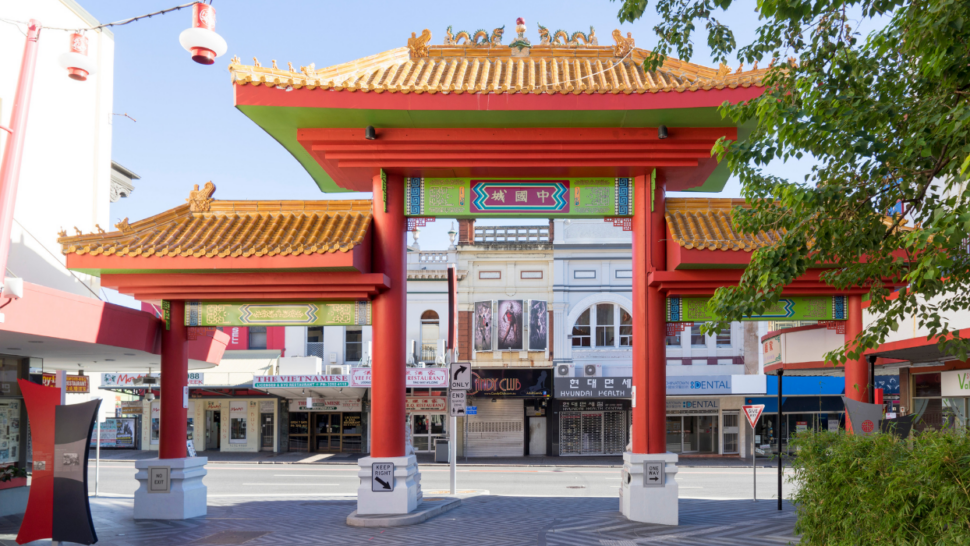
How does it differ aesthetically or sonically from your previous works?
Loveland was a chance to create a world. It’s a futuristic world but it’s also an extension of now. In saying that, it is probably my most immersive film experience to date. It’s a film that has to be seen in a cinema. That’s what it was designed for. Loveland is a cinematic experience which will not offer the same feelings on a TV or computer.
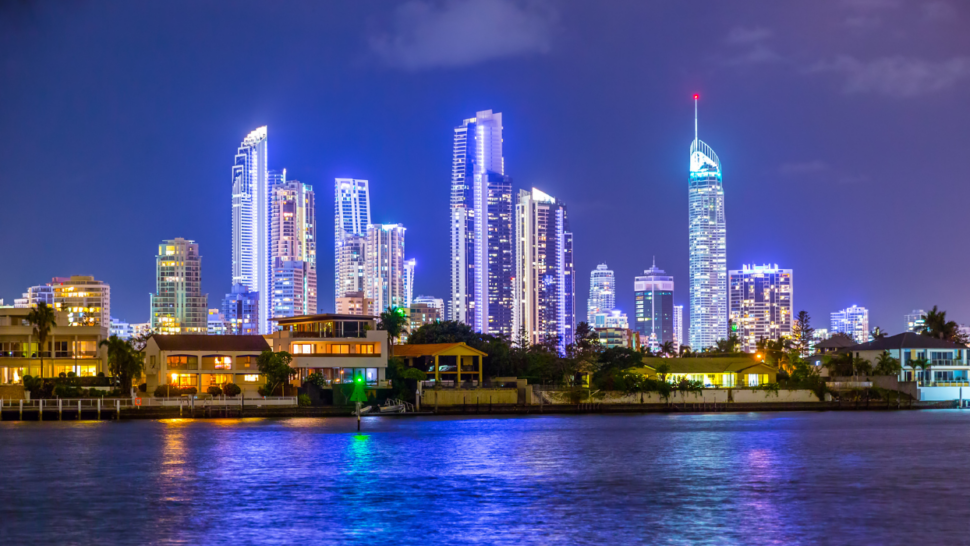
Can you tell us about working with your team and the diverse cast?
The cast was always going to have diversity. Hong Kong is such a diverse city, especially in a futuristic context. I spent a lot of time in the infamous Chungking Mansion over the years. It’s a culturally eclectic place, where I have made friendships. One of my African friends from there is actually in the film. It was important for me to portray this future city as a place of diversity, where people come from all types of backgrounds to compete and survive.
My Queensland crew are very close. It really is like a family. My priority is for everyone to feel accepted and valued. The creative process should be free-flowing, full of positive energy. I remember one night in Hong Kong, I had the whole crew sticking up lights in a market. It was just wonderful.
How has Screen Queensland supported your career so far?
Screen Queensland has been the driving support behind Loveland, as well as my other films Mystery Road and Goldstone. Without them, it would have been difficult to make these films. These days Screen Queensland is very engaged in supporting grassroots filmmaking as well as the obvious imported productions. This local talent focus is something that has grown over the years and it’s become vital in the development of Queensland screen culture.
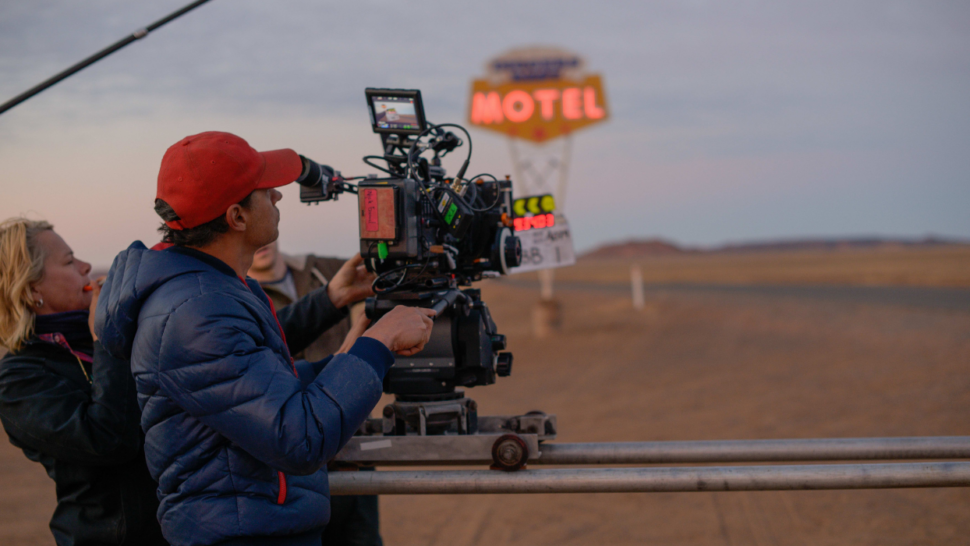
For more information on filming in Queensland locations and studios, or completing post-production in one of the state’s many world-class facilities, contact Screen Queensland on +61 7 3248 0500 [email protected] or visit www.screenqueensland.com.au






